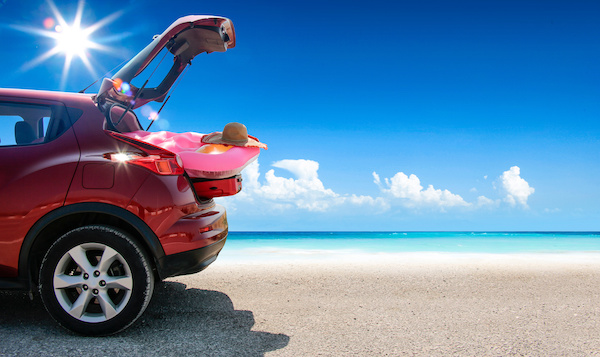
For car owners, something as simple as living close to the ocean can have major drawbacks. Read on to find out how salty air can damage your vehicle in due time.
Ocean Air Leads to Corrosion
Constant exposure to the salty ocean air leads to quicker metal corrosion. This is especially the case for car owners living in proximity to the ocean. People living further hardly experience this. To avoid your vehicle rusting, it is essential that you invest some time and money into some protective measures. The first of those measures is just keeping your vehicle covered when not in use. Pay special attention to areas such as door edges, the trunk and hood. Washing your vehicle often can also aid in preventing corrosion. This prevents the build up of salt on the vehicle and lessens the amount of time the salt residue stays on your vehicle, thus not giving it enough time to cause any harm. Salty air can also damage brake calipers, nuts and bolts.
Ocean Air Damages Paint
Combine salty ocean air with sunlight and you have, perhaps the most damaging potion to your vehicle's paint. As mentioned above, salt is highly corrosive. Sunlight can cause the pores of the vehicle's paint to expand, allowing it to absorb more damaging salt. This results in much stronger and quicker corrosion. Keeping your vehicle regularly covered, washed and waxed can help to combat these effects.These effects are usually apparent after many years [approximately 5] of living close to the ocean. Another point to remember is that these effects are much stronger in certain whether conditions and during certain seasons of the year, especially colder conditions.
So, with all that said, if you need your vehicle requires paint or other auto body related repairs, we invite you to bring your vehicleto db Orlando Collision Inc today!